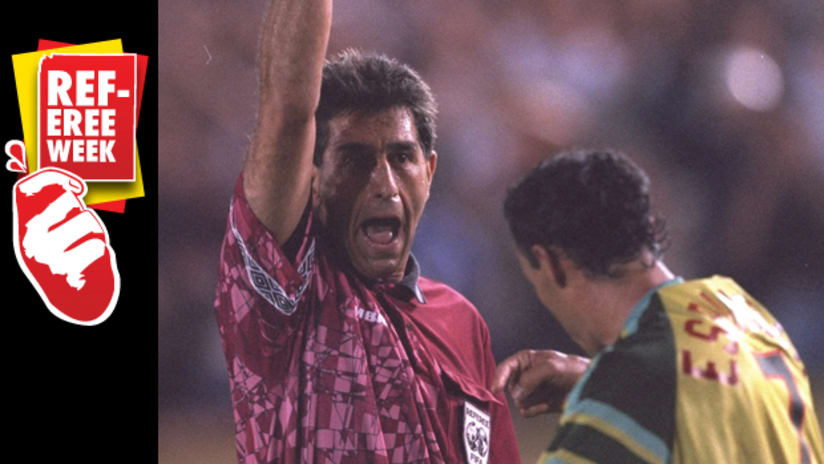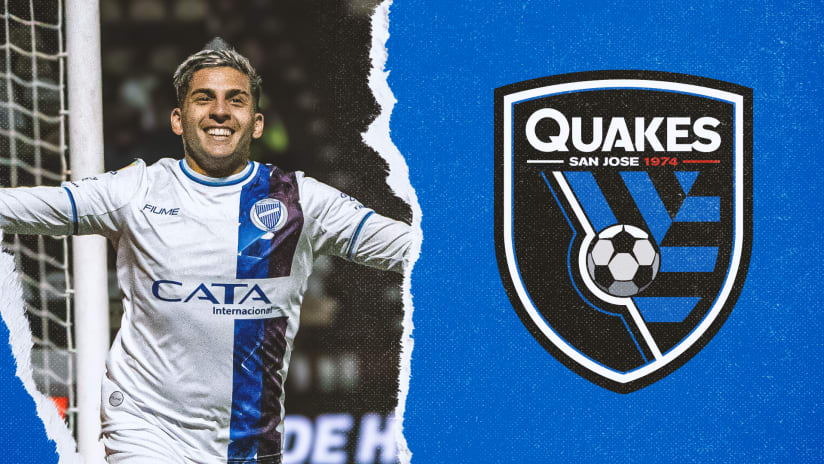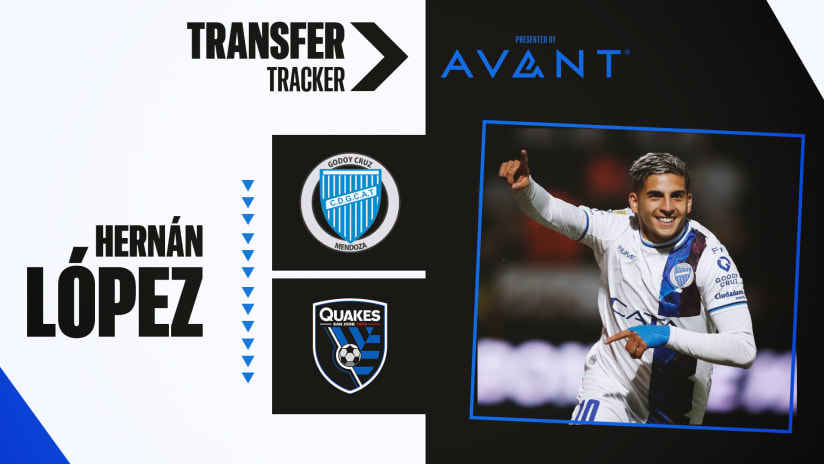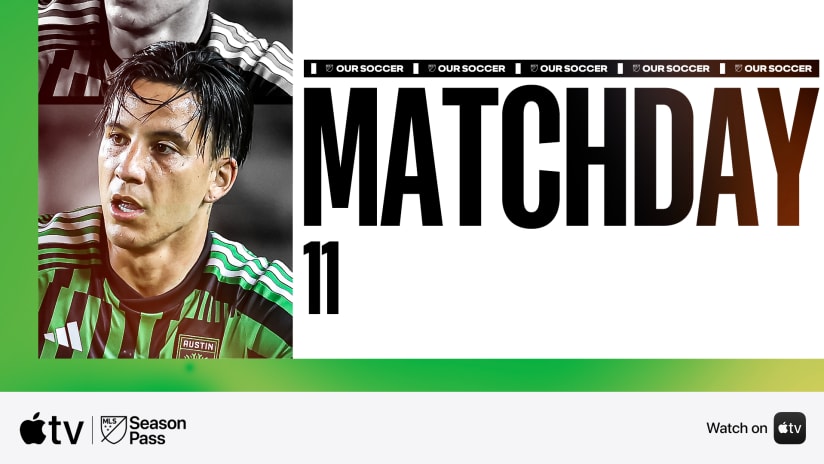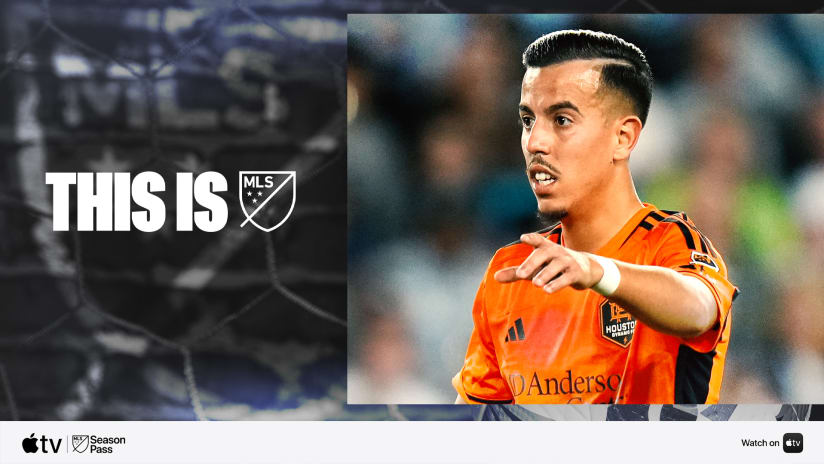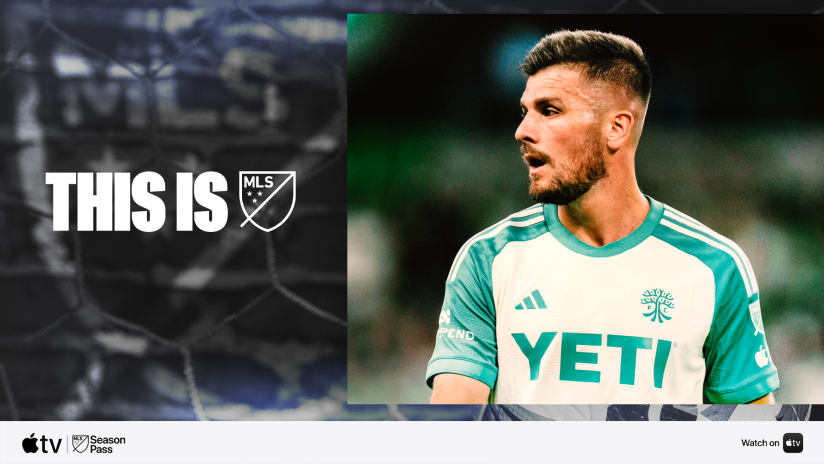If only Esse Baharmast’s critics had done their research, he might not be such a well-known name. He would have just been another referee who got it right.
At least, that’s one way to look at the signature moment of perhaps the most accomplished American referee on the planet, who stared down a world of dissent during the 1998 World Cup after he gave Norway an 89th-minute penalty kick that allowed them to topple Brazil and advance from the group stage. He was vindicated 24 hours later by a replay that clearly showed he got the call right, and his legacy was made.
That’s where MLSsoccer.com started our interview with Baharmast, now a Colorado-based FIFA technical instructor working with elite referees from the CONCACAF and Oceania regions. More than a decade removed from that fateful game (and 15 years since he was the man in the middle for in the inaugural MLS Cup in 1996), Baharmast is both an advocate for American referees and a pragmatic realist about their reputation.
MLSsoccer.com: When we told a friend we were interviewing you, he immediately referred to you as “that ref from the 1998 Norway game.” Are you comfortable that to casual soccer fans, that’s your signature moment?
Baharmast: It’s incredible. On the game’s 10-year anniversary, I had three crews of television reporters from Norway come all the way to my home in Golden, Colo., to revisit after 10 years. Had the video been shown on the same day of the game, it would have been just another penalty. It would have been no big deal. But the way it happened, it’s become something that no matter where I am in the world, people remember that.
MLSsoccer.com: You got the call right, that’s your legacy.
Baharmast: I was glad that I fell on the side of vindication rather than being guilty. Anytime somebody talks about the use of video replay and how we need to need it to rectify a referee’s decisions, my situation is the other side of the coin.
MLSsoccer.com: You were the only American referee at the 1998 World Cup. Did you feel like people around the world had already formed opinions about American referees?
Baharmast: That was the whole thing, that the media and the press around the world weren’t asking if the call was correct or not, or if I was in the correct position. Everything was about me being an American referee: What kind of experience did I have, what kind of soccer do we have in America?
But had they done their homework, they would have seen that I had refereed in Copa América, the World Cup qualifier games in Asia, big rivalries like Japan and Korea, matches in South and Central America. Had they done their homework, they would have seen that I did the semifinal of the 1996 Olympics in Atlanta between Argentina and Portugal, and refereed in some of the most difficult games possible.
MLSsoccer.com: You took the brunt of the criticism on behalf of all American referees. Did you get feedback from them amidst all of this?
Baharmast: Of course. Before I went to the World Cup, I was at the national camp and the referees signed a sort of “good luck” shirt. I took the shirt with me and I would wear it underneath my uniform, and at any moment in time I would think, “it’s not just me alone here, there are 140,000 other referees here with me.” I used it as a source of strength. I represented those guys and I had to do well because whatever I did at that point, it reflected on US Soccer and all the referees.
MLSsoccer.com: MLS has tried this season to crack down on certain elements of the game, and maybe the most controversial move is to go back and fine players for simulation during matches. Does that undermine the referee’s decision, if a committee can go back and fine a player for a call a referee may have missed?
Baharmast: No, it’s not undermining them. I think about the 1994 World Cup here in the US, a match between Italy and Spain. Mauro Tassotti elbowed Luis Enrique in the nose and broke his nose. The referee didn’t see it, but FIFA went to the video and gave a nine-game suspension to Tassotti. That’s not undermining the referee. It if’s a clear-cut foul or something that needs to be dealt with, the discipline committee can go to the video and do that. It’s been done before.
MLSsoccer.com: A few years ago, a panel discussion between US national team and MLS players, former US head coach Bob Bradley and a number of referees revealed that some American players admitted lacking discipline when it comes to dealing with the referees. Do you agree with that?
Baharmast: It’s part of the growing pains. We have to be ready for the international stage, and our practice is our local leagues, right? So if you practice yapping at the referee and dissenting every call, that becomes engrained. So now you go into a World Cup qualifier game or a World Cup match, and what do you do? You do what you’ve been practicing. That’s gonna hurt.
We should be focused on playing in the same manner that is expected of us at the Confederations Cup, the FIFA Club World Cup or in a World Cup match. We need to be playing by the same standards.
MLSsoccer.com: Are American referees still fighting for the respect they deserve, or do they need to work harder to gain more respect?
Baharmast: It comes with the growth of the game. When our teams start winning championships on a consistent basis and we’re in the top 10 on a consistent basis, it brings with it a certain amount of respect. And that translates to the referees, the coaches and the players. And yes, it’s coming along slowly.
But for me, it’s all about the person. When I went to the World Cup, MLS was a blip on the map of soccer. But I was not in awe of the referees who worked in leagues with a lot more tradition. I know what I can do, I know I bring to the table. Any person, irrespective of where they come from, can accomplish it.


